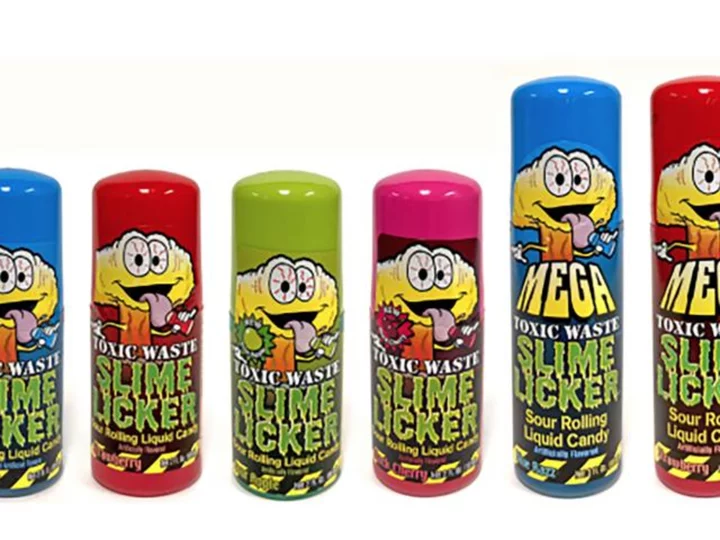Meta's lawyers are really earning their paychecks this week.
See here: More than three dozen states are suing the parent company of Instagram and Facebook over fears that its platforms' "addictive" features are harming teens' mental health.
In a federal lawsuit filed in California, 33 attorneys general allege that Meta's products have harmed minors and contributed to a mental health crisis in the United States.
The legal onslaught didn't stop there, my colleague Brian Fung writes. Eight additional attorneys general sued Meta in state courts, making similar claims. And the state of Florida sued the company in its own federal lawsuit alleging it misled users about potential health risks.
(That's so many lawsuits for a single Tuesday!)
Anyway, this wave of legal slings and arrows is the result of a bipartisan investigation dating back to 2021, after Facebook whistleblower Frances Haugen came forward with internal documents that, according to her, showed that Meta knew its products could have negative impacts on young people's mental health, especially among girls.
"We know that there were decisions ... to make the product more and more addictive," Tennessee Attorney General Jonathan Skrmetti said. "And what we want is for the company to undo that, to make sure that they are not exploiting these vulnerabilities in children."
In response, Meta said it shares the attorney generals' commitment to teen safety online, noting it has already rolled out tools to users.
"We're disappointed that instead of working productively with companies across the industry to create clear, age-appropriate standards for the many apps teens use, the attorneys general have chosen this path," Meta said in a statement.
The federal complaint filed in California calls for court orders prohibiting Meta from violating the law and, in the case of many states, unspecified financial penalties.
Big picture
We are in the middle of a Big Tech reckoning of sorts, as policymakers catch up to the ugly reality of the garbage dump of content that is The Internet in general and social media in particular. (Welcome to the party, folks! Come on in, the water is ... toxic.)
Tuesday's legal assault is part of a broader effort by states and the feds to rein in the Metas and Googles of the world that flourished for years with relatively little regulation, thanks in part to huge lobbying efforts in DC to keep lawmakers off the industry's back. It wasn't until Haugen came forward via the Wall Street Journal, which ran a series of damning articles in 2021 chronicling Meta's own internal research on the effects of social media among teens with mental health vulnerabilities.
To be clear, those teens were a minority of total users, and Meta's researchers concluded that social media use didn't put most users at risk.
Still, the unusually united front among so many states (many of whom can't agree on anything) suggests lawmakers are taking online health risks seriously, not unlike the way they pushed back decades ago on cigarette ads targeting young people.
"Just like Big Tobacco and vaping companies have done in years past, Meta chose to maximize its profits at the expense of public health, specifically harming the health of the youngest among us," Colorado AG Phil Weiser said in a statement.
Meta's not alone, by any means. Later this week, a federal judge in California is set to consider similar allegations against the wider tech industry. The court is set to hear arguments from lawyers representing Google, Meta, Snap and TikTok, all of whom will urge the judge to dismiss nearly 200 complaints from plaintiffs who say the companies are addicting or harming their customers.
Much of what happens next depends on how this all plays out in court. No pressure, Silicon Valley lawyers. No pressure.
Enjoying Nightcap? Sign up and you'll get all of this, plus some other funny stuff we liked on the internet, in your inbox every night. (OK, most nights — we believe in a four-day work week around here.)









